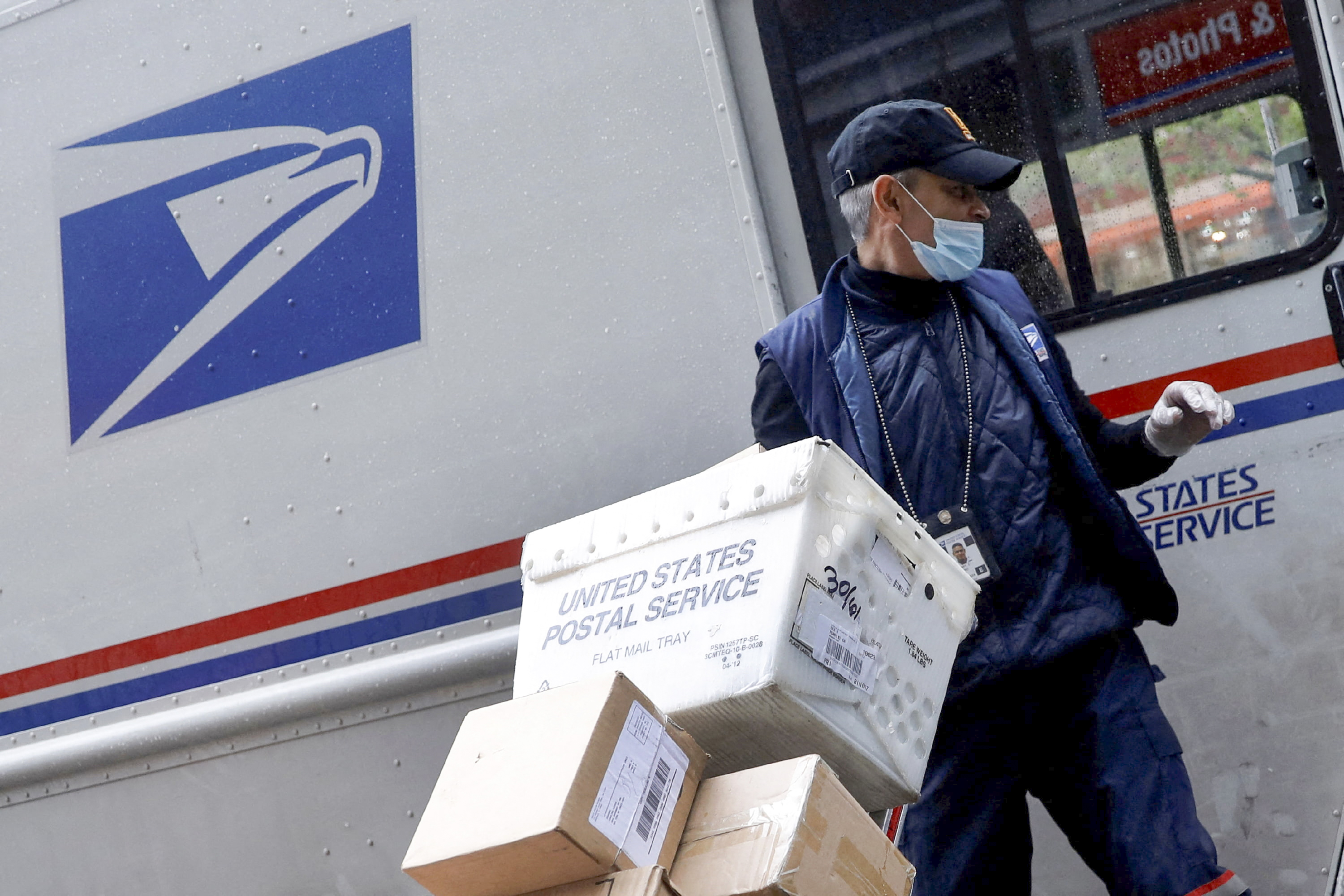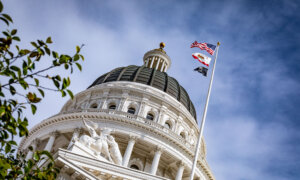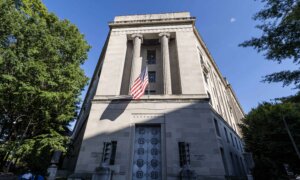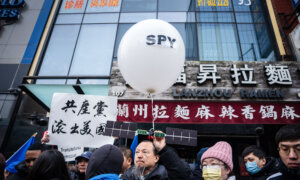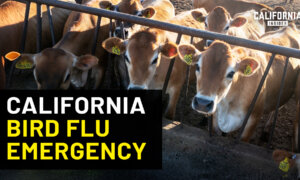Suspicious packages containing white powder have been sent to election officials in more than a dozen states since Sept. 16, prompting investigations and evacuations.
Officials in Iowa, Kansas, Nebraska, Tennessee, Wyoming, and Oklahoma confirmed that packages addressed to secretaries of state and election offices were received on Sept. 16.
More packages were reported by other states, including Connecticut and Indiana, on Sept. 17.
Connecticut Secretary of State Stephanie Thomas confirmed that her office had been alerted by the Cybersecurity and Infrastructure Security Agency when a suspicious envelope was intercepted at a U.S. Postal Service facility in West Hartford, Connecticut.
The intercepted package matched the descriptions of those received by election offices in other states. It has been sent to the state lab for testing.
The powder has been deemed harmless in most cases. The FBI and U.S. Postal Service are investigating.
“The FBI and U.S. Postal Inspection Service are investigating a series of suspicious mailings sent to election officials in several states,” the agencies said in a statement to media outlets. “Some of the letters contained an unknown substance and we are working closely with our law enforcement partners to respond to each incident and safely collect the letters.”
The agencies said they are investigating to determine how many letters were sent, by whom, and why. They declined to comment further and urged those handling mail from unrecognized senders to exercise caution and report any suspicious items to law enforcement.
Oklahoma officials said the material sent to the election office there was identified as flour, while Wyoming has yet to confirm whether the substance sent there posed a threat.
The packages caused evacuations in Iowa and Kansas, although hazmat teams determined that the materials sent there were not hazardous.
“We have specific protocols in place for situations such as this,” Iowa Secretary of State Paul Pate said in a statement following the evacuation of the six-story Lucas Building in Des Moines. “We immediately reported the incident per our protocols.”
Kansas experienced a similar response, with the state office building in Topeka being evacuated on Sept. 16. Multiple state employees were exposed to the unknown substance, but field tests determined that it was not hazardous.
The Oklahoma State Election Board received a suspicious envelope, which was secured by the Oklahoma Highway Patrol. Testing later revealed the substance to be flour.
In Wyoming, workers in an office building near the state Capitol in Cheyenne were sent home pending further testing after a suspicious package was mailed to the secretary of state’s office.
The incidents mark the second time in a year that multiple states’ election offices have been targeted with suspicious packages.
In November 2023, similar suspicious letters were sent to election offices and government buildings in multiple states. Some of these letters contained fentanyl, causing delays in local elections and prompting election offices to stock up on naloxone, a medication used to counteract opioid effects. Kansas was one of the states that received suspicious packages—some of which contained fentanyl—and as a result experienced delays in ballot counting in some local elections.
Election offices across the United States have taken steps to enhance security following the 2020 election, which saw an increase in threats and harassment.
The Associated Press contributed to this report.
